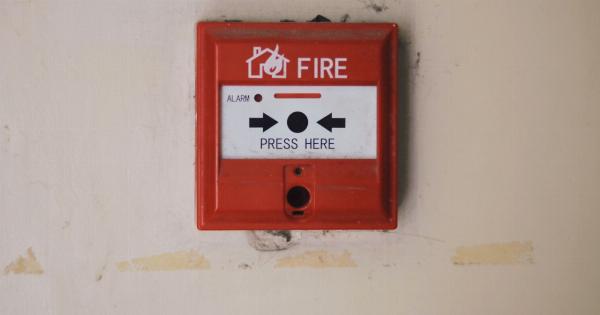In the complex and ever-evolving world of healthcare, having a good grasp of hospital vocabulary is crucial.
Understanding the terms commonly used in hospitals not only helps patients navigate their way through medical jargon but also enables healthcare professionals to communicate effectively. In this comprehensive guide, we will explore some of the most important hospital terms that everyone should be familiar with.
1. Admission
Admission refers to the process of being accepted into a hospital for diagnosis, treatment, or care. It involves registration, providing necessary personal information, and signing consent forms.
2. Discharge
Discharge is the formal release of a patient from the hospital after completing their treatment or when the doctor deems it safe for them to continue their recovery at home.
3. Inpatient
An inpatient is a person who has been admitted to a hospital and requires overnight care. They typically stay in a hospital for an extended period to receive treatment or undergo surgery.
4. Outpatient
An outpatient is a person who visits a hospital or healthcare facility for a medical consultation, examination, or treatment and is not required to stay overnight.
Outpatient services include diagnostic tests, minor surgeries, and follow-up appointments.
5. Diagnosis
Diagnosis is the identification of a disease, condition, or injury based on the symptoms, medical history, physical examination, and diagnostic tests conducted by healthcare professionals.
6. Treatment
Treatment refers to the medical care or intervention provided to manage, cure, or improve a patient’s health condition. It may involve medications, surgeries, therapies, or a combination of treatments.
7. Emergency Room
The emergency room (ER), also known as the emergency department (ED), is a specialized area within a hospital where patients with acute illnesses or injuries receive immediate medical attention. ERs are equipped to handle emergencies 24/7.
8. Intensive Care Unit (ICU)
The intensive care unit (ICU) is a specialized department in a hospital that provides comprehensive care to critically ill patients.
It is equipped with advanced medical technology and a highly skilled medical team to monitor and manage life-threatening conditions.
9. Surgery
Surgery is a medical procedure that involves making incisions or utilizing minimally invasive techniques to treat diseases, injuries, or deformities. Surgeons operate on patients to repair, remove, or transplant body parts.
10. Anesthesia
Anesthesia is a form of medication used to induce a temporary loss of sensation or consciousness during surgery or other medical procedures. It ensures that patients do not feel pain and are comfortable during the procedure.
Conclusion
Mastering hospital vocabulary is essential for both patients and healthcare professionals.
By familiarizing ourselves with these important terms, we can better navigate the complexities of healthcare and communicate effectively within a hospital setting. Whether it’s understanding the difference between inpatient and outpatient care or knowing the role of the emergency room, this guide provides a solid foundation for anyone seeking to expand their hospital vocabulary.



























